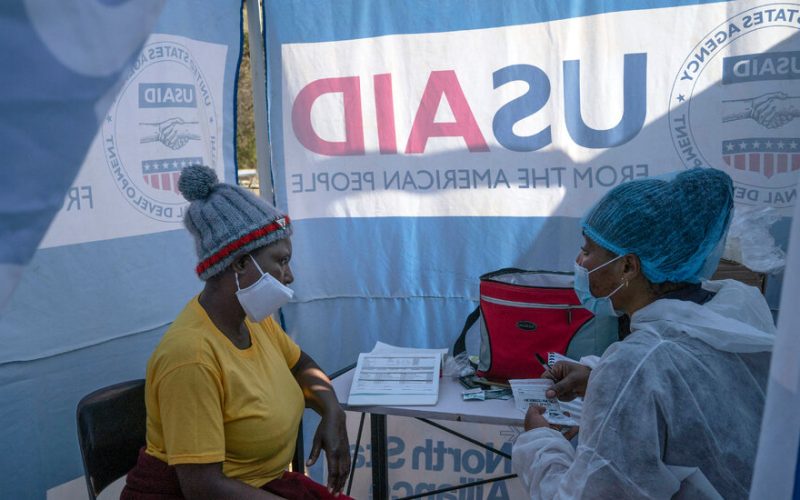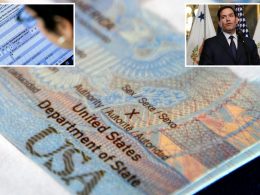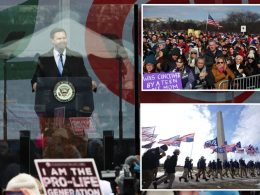The Trump administration has halted disbursement of funds from a program that supplies most of the treatment for H.I.V. in Africa and developing countries worldwide for at least 90 days.
The action stems from President Trump’s executive order on foreign aid, which directs all government divisions with foreign development assistance programs to stop disbursing funds to countries and organizations until they can be reviewed.
That includes the President’s Emergency Plan for AIDS Relief, known as Pepfar, a $7.5 billion program overseen by the State Department, officials were told in a memo on Wednesday obtained by The New York Times.
In a separate directive on Friday, also viewed by The Times, officials were informed that although the initial review of foreign aid is intended to be completed within 85 days, final decisions might take up to 180 days.
The longer timeline, and the pause on funding even to existing programs, dismayed some public health and development experts.
“Any prolonged pause in funding could disrupt H.I.V. treatment programs, leading to treatment interruptions, rise of drug-resistant H.I.V.,” said Jirair Ratevosian, who served as chief of staff for Pepfar during the Biden administration. “That’s playing with fire, risking progress that we’ve made over decades to control the H.I.V. epidemic.”
Resistant strains of the virus that emerge in other nations would also endanger Americans, he noted.
Since its start in 2003 during the George W. Bush administration, Pepfar is estimated to have delivered lifesaving treatment as many as 25 million people in 54 countries. It was due for a five-year reauthorization in 2023, but it survived a Republican effort to end the program and was renewed for one year.
Public health experts had worried that a new Trump administration would end the program altogether, but some hoped the appointment of Marco Rubio as secretary of state would spell good news for the program. Mr. Rubio has previously supported Pepfar.
The directive to halt existing foreign aid initiatives jeopardizes the lives of people who currently rely on assistance from the United States, some experts warned.
“Some of these programs are the only thing keeping refugee communities alive,” said Gyude Moore, a nonresident fellow at the Center for Global Development and Liberia’s former Minister of Public Works.
“Very vulnerable people will be hurt and it is unclear how this advances American interests,” Mr. Moore said.







